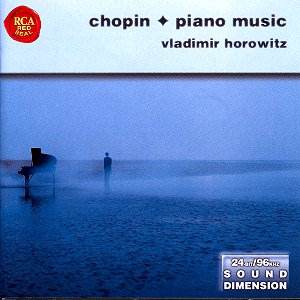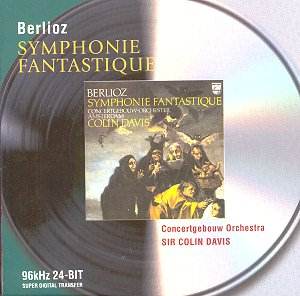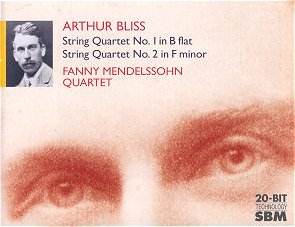 Composer: Edward Elgar
Composer: Edward Elgar
Works: Dvořák: Serenade for Strings in E Major, Elgar: Serenade for Strings in E Minor, Tchaikovsky: Serenade for Strings in C Major
Performers: Orchestre Bernard Calmel, 17 string players
Recording: May 1998
Label: Pavane ADW 7411
Edward Elgar’s Serenade for Strings stands as a poignant expression of English Romanticism, embodying the composer’s profound introspection and emotional depth. Its place alongside Dvořák’s and Tchaikovsky’s string serenades in this recording invites a fascinating exploration of three distinct approaches to string writing, each revealing the differing historical contexts and emotional landscapes of their creators. While Dvořák, writing in the late 19th century, captures a vivacious Slavic spirit, Tchaikovsky infuses his work with a unique blend of nostalgia and pathos, and Elgar’s piece emerges as a tender reflection of his own personal struggles and the socio-cultural milieu of early 20th-century Britain.
Monsieur Bernard Calmel leads his ensemble of 17 string players with an evident commitment to expressive phrasing, yet the performance often straddles a precarious line between intimacy and orchestral weight. Dvořák’s Serenade, the most successful of the three works presented, benefits from well-judged tempos and a nimble, alert quality that showcases the musicians’ technical prowess. The ‘Larghetto’ movement, imbued with a resigned sadness, is particularly noteworthy; Calmel’s malleable phrasing here brings forth an engaging emotive quality that resonates deeply. The blend of sonorities, while sometimes lacking the full-bodied richness of a larger ensemble, nonetheless captures the essence of Dvořák’s melodic inventiveness.
In contrast, Elgar’s Serenade falters under Calmel’s stewardship. The interpretative choices seem overly objective, resulting in a performance that fails to encapsulate the whimsical charm and intricate emotional nuance inherent in Elgar’s writing. The players’ affection for Dvořák does not translate to the Elgar, where the delicate interplay of themes and the subtleties of orchestration appear muted. The recording’s engineering, while generally clear and well-balanced, does not compensate for the emotional distance that characterizes this interpretation. The Serenade’s inherent fragility and introspection require a more nuanced handling, which, regrettably, is not forthcoming in this instance.
Tchaikovsky’s Serenade, a work revered for its lyrical beauty and depth of feeling, similarly suffers from the constraints of the small ensemble format. Calmel’s approach, marked by a deliberate and somewhat distended opening, suggests an awareness of the emotional weight of the music; however, the execution lacks the necessary gravitas. The performance would benefit from a larger string body to achieve the depth and resonance that Tchaikovsky’s score demands. The emotional fragility that defines this work is often lost amidst the broader orchestral textures, resulting in a performance that, while competent, does not fully reveal the composer’s soul.
This recording presents a mixed bag, showcasing the strengths of Dvořák’s work while revealing the limitations in the interpretations of Elgar and Tchaikovsky. The technical prowess of the Orchestre Bernard Calmel is undeniable, yet the interpretative choices for the latter two works do not convey the requisite emotional depth. The engineering quality supports the ensemble effectively, yet the overall impact of the performances, particularly in Tchaikovsky’s case, leaves a desire for a more profound connection to the music. A larger ensemble and a more sensitive interpretation could elevate this collection significantly, allowing the listener to engage more deeply with the heart of Elgar’s and Tchaikovsky’s rich emotional landscapes.



